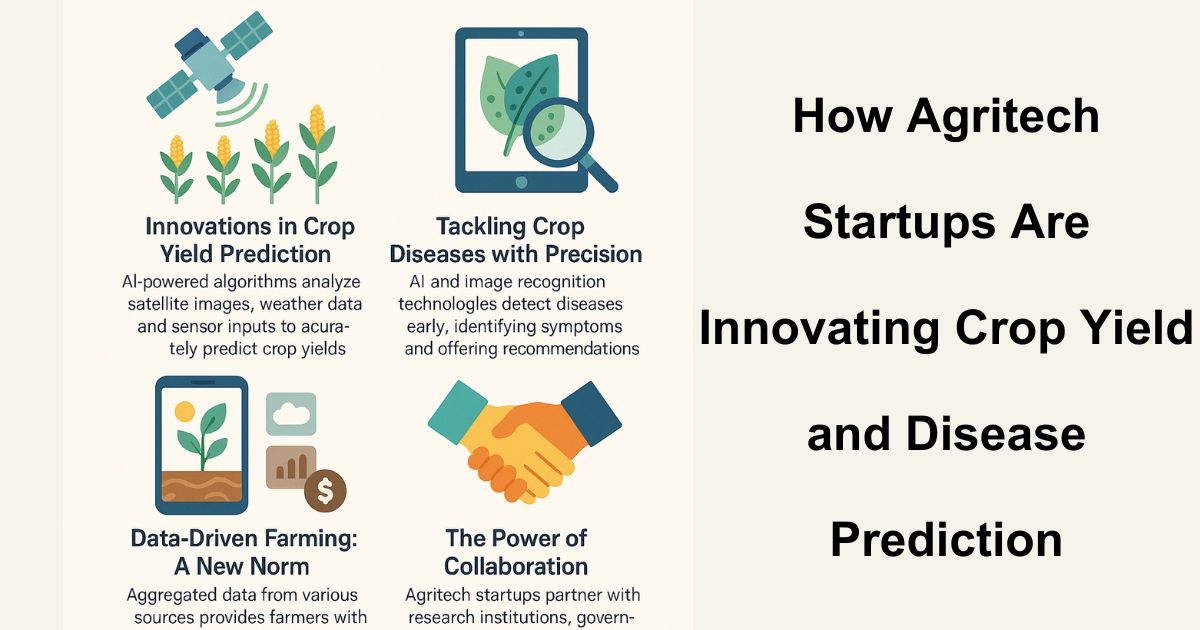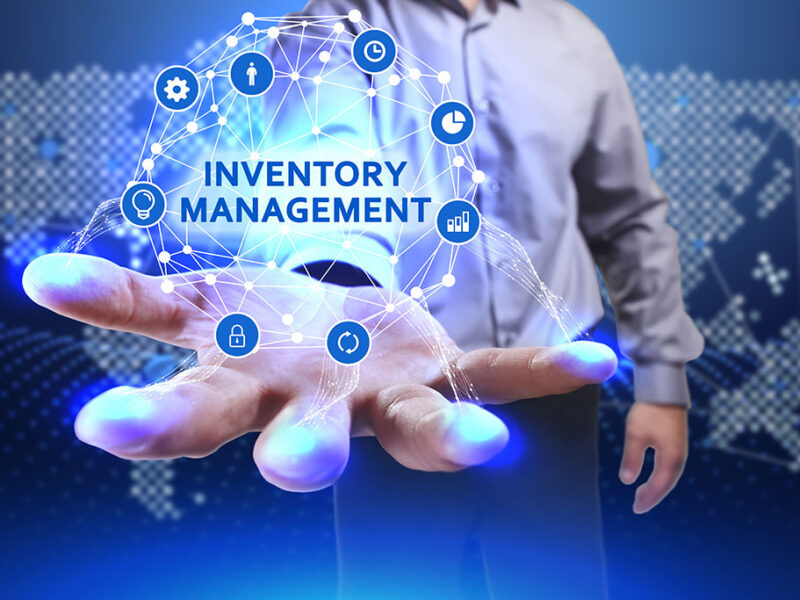In recent years, Agritech startups have emerged as a powerful force in transforming the agriculture sector. Leveraging cutting-edge technologies like artificial intelligence (AI), machine learning (ML), Internet of Things (IoT), and big data analytics, these startups are tackling age-old farming challenges. Among the most significant areas of innovation are Crop Yield Prediction Software and Crop Disease Prediction, helping farmers make informed decisions and increasing food security. With climate change and population growth exerting immense pressure on agriculture, the role of smart technology in ensuring sustainable farming has never been more crucial.
The Role of Technology in Agriculture
Agriculture has traditionally been labor-intensive and highly dependent on weather patterns and natural resources. However, digital transformation is reshaping this landscape. With the integration of satellite imaging, drone surveillance, and data analytics, farmers can now monitor their fields with unprecedented accuracy. Agritech startups are at the forefront of this change, developing tools that analyze data from multiple sources to provide actionable insights.
Startups are addressing key issues such as soil health monitoring, irrigation optimization, pest and disease forecasting, and yield estimation. These solutions not only improve productivity but also reduce input costs and environmental impact.
Innovations in Crop Yield Prediction
One of the major breakthroughs brought by Agritech startups is the ability to predict crop yields accurately. Traditionally, yield prediction was based on guesswork or historical data, which often led to inefficiencies and financial loss. Now, startups are utilizing AI-powered algorithms that analyze satellite images, weather forecasts, and real-time sensor data to predict yields with high accuracy.
For example, AI models can assess plant health, growth stages, and soil moisture to forecast the expected harvest. This helps farmers plan better, manage resources efficiently, and make informed decisions about planting, harvesting, and marketing their produce.
Additionally, predictive analytics enable government agencies and agri-businesses to make strategic plans around food supply chains and market demands. These insights are crucial for ensuring food availability and stabilizing prices.
Tackling Crop Diseases with Precision
Another area where Agritech startups are making a huge impact is in crop disease prediction and management. Crop diseases can spread rapidly and devastate entire fields if not detected early. Traditionally, farmers relied on visual inspections and experience to identify problems, which often led to late or incorrect diagnoses.
Today, startups are using AI and image recognition technologies to detect diseases in their early stages. By analyzing images captured via smartphones, drones, or field cameras, these systems can identify symptoms and provide instant recommendations. Machine learning algorithms are trained on vast datasets of diseased and healthy crops, allowing them to distinguish even subtle signs of infection.
This approach not only speeds up detection but also helps in applying the right treatment at the right time, reducing the need for broad-spectrum chemical usage. As a result, crop health is improved, and environmental damage from pesticide overuse is minimized.
Data-Driven Farming: A New Norm
Data is the backbone of all these technological innovations. Agritech startups collect data from a variety of sources: weather stations, satellite imagery, IoT devices, and even farm management systems. By aggregating and analyzing this information, they provide farmers with customized advice on what, when, and how to plant, irrigate, or treat their crops.
Some platforms offer mobile apps where farmers can receive daily updates on weather conditions, soil fertility, pest risks, and market prices. These user-friendly interfaces make sophisticated technologies accessible even to smallholder farmers.
Furthermore, blockchain technology is being introduced by some startups to ensure transparency and traceability in the food supply chain, which is becoming increasingly important for consumers and regulators.
The Power of Collaboration
Many Agritech startups are collaborating with research institutions, governments, and large agricultural companies to scale their impact. Public-private partnerships help startups gain access to large datasets and distribution networks, while also fostering innovation through shared expertise.
For instance, some startups work with agronomists and plant pathologists to refine their disease prediction algorithms. Others partner with governmental organizations to offer subsidized services to rural farmers, ensuring that technology benefits even the most marginalized communities.
Challenges and the Road Ahead
Despite the promising innovations, Agritech startups face several challenges. Limited internet access in rural areas, low digital literacy among farmers, and high initial costs can hinder adoption. Additionally, data privacy and ownership are growing concerns as more personal and field-level data is collected.
To overcome these hurdles, startups are increasingly focusing on building localized solutions—apps in regional languages, offline functionality, and low-cost sensor devices. Education and training programs are also being rolled out to help farmers become comfortable with technology.
Looking forward, as machine learning models become more sophisticated and hardware becomes more affordable, the precision and reach of yield and disease prediction tools will continue to improve. Integration with climate models and real-time weather data could further enhance the accuracy of predictions.
Conclusion
Agritech startups are revolutionizing farming practices through innovation in crop yield and disease prediction. By harnessing AI, IoT, and big data, they are empowering farmers with tools that increase productivity, reduce risk, and promote sustainable agriculture. While challenges remain, the momentum is clearly toward a smarter, data-driven farming future. With continued support and investment, these startups are poised to play a key role in securing global food systems for generations to come.



